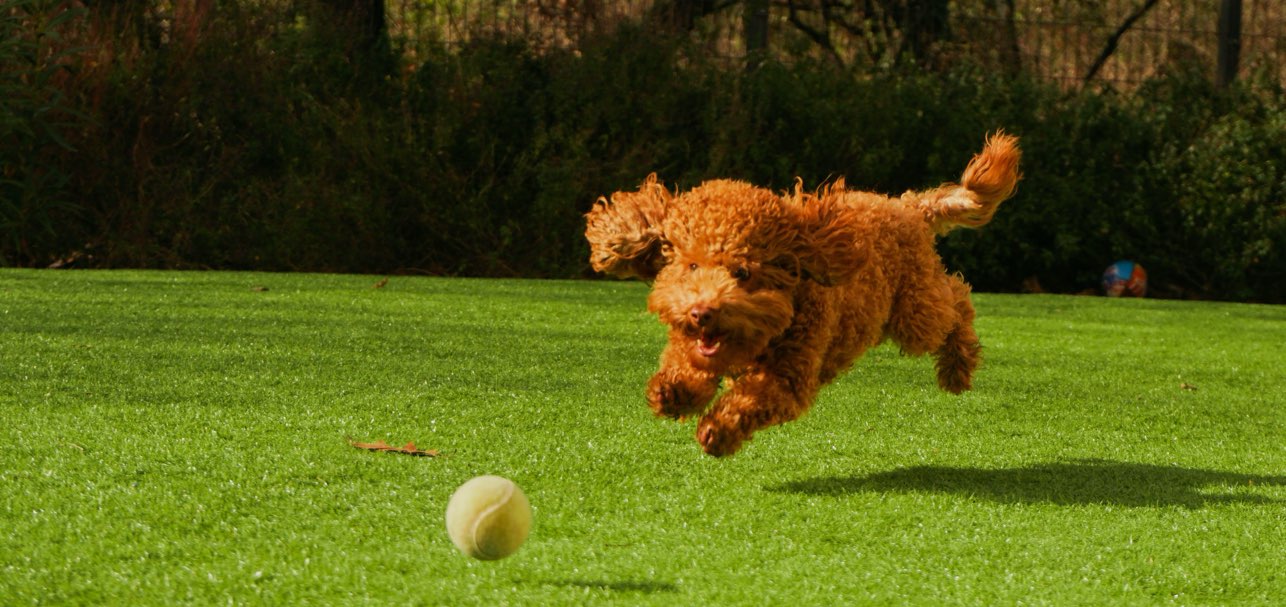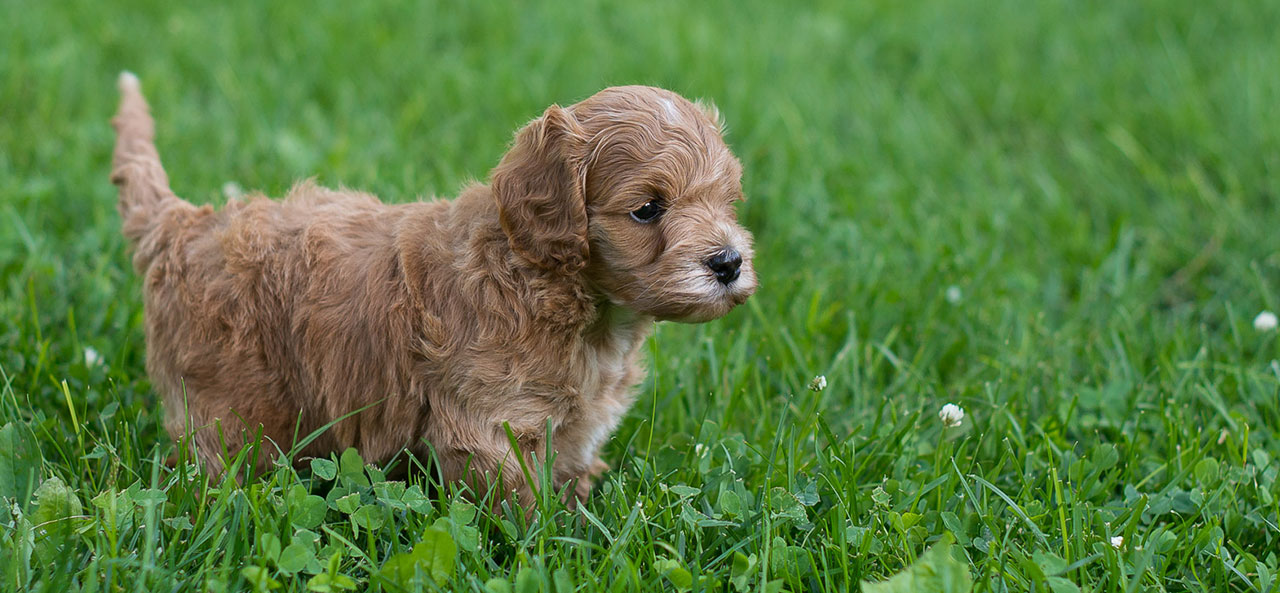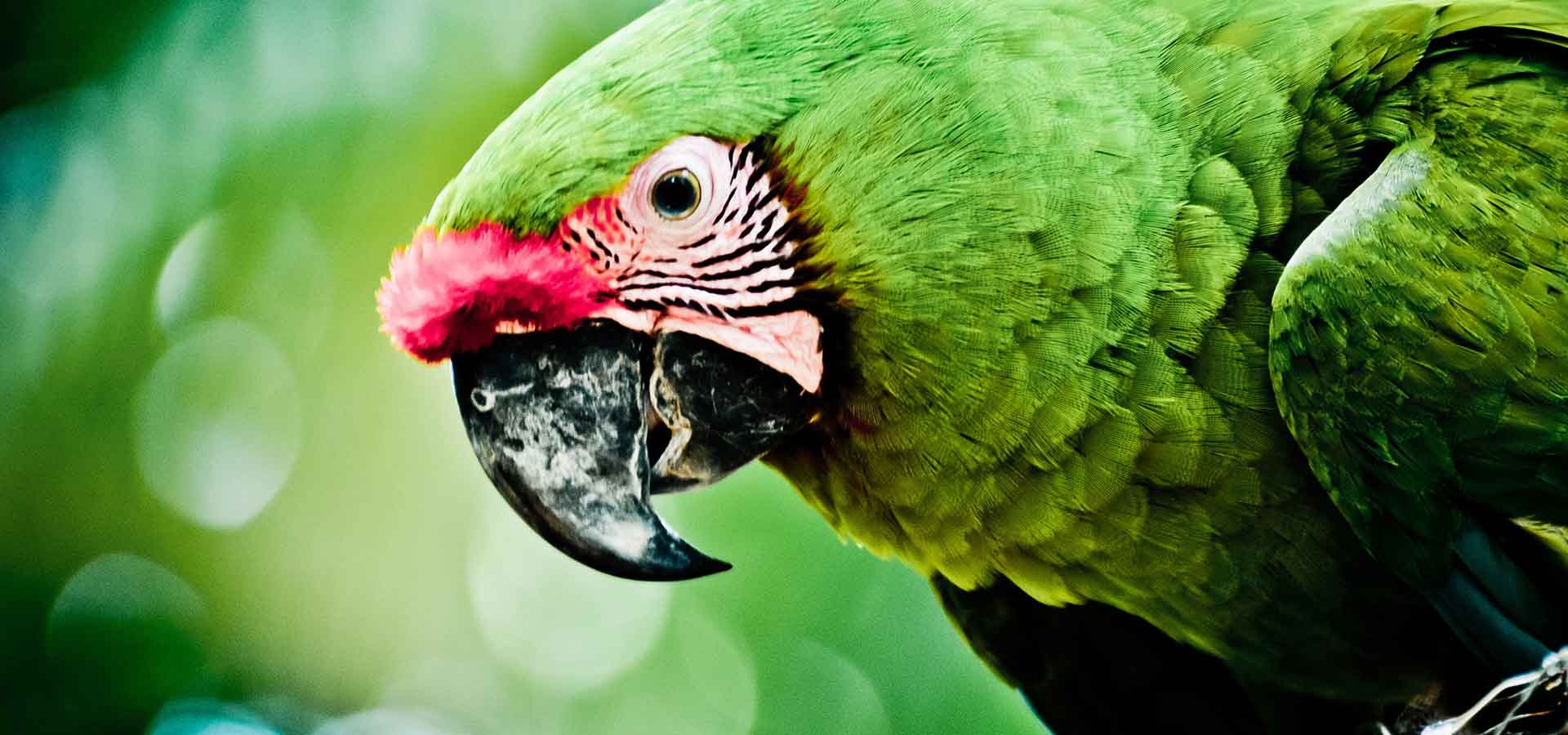Gardens are wonderful places to retreat and relax. Often, dogs like to spend their days playing in the garden. Dogs find gardens stimulating and if left unsupervised they can damage plant beds, dig holes, urinate on lawns, and more importantly; poison themselves should they ingest a harmful plant or chemical used to support growth or kill insects. Not only is poisoning a serious issue, but your dog can also hurt themselves on sharp objects, or they may escape if your garden fence is broken and there's a clear gap for them to make a run for it.
Your garden needs to be a safe place where your dog can run and roam freely and there are many ways to dog-proof your garden. Listed below are 11 top tips to ensure your garden is safe for your dog:
- Make sure your fence is tall enough to prevent an energetic dog from escaping. Ideally, your fence should be at least six-foot. You should also look for any gaps in the fencing where your dog could potentially escape and make sure this is safely boarded up, this also includes gaps under the fencing. Terrier dog breeds love to dig and if there is a clear gap and opportunity, they will dig the hole deeper.
- Prevent unwanted digging by providing your dog with either mud or sandpit where they can dig till their heart's content.
- Fence off your flowers and any other plant you don't want your dog to touch. Dogs are inquisitive and they love nothing more than to sniff and explore. If you’ve spent your last few weeks preparing your flower beds and want them to flourish without the rude interruption of a nosey dog, then protective fencing is your best bet!
- Remove any ladders or anything your dog can step onto. Any item like this should be stored away safely to prevent your dog from climbing, falling and possibly hurting themselves.
- Swimming pools, hot tubs and ponds should be safely fenced off to prevent dogs from falling into as well as children. Never leave your dog or child unsupervised in a garden, especially if you have a swimming pool, hot tub or pond.
- If your dog likes to spend a portion of their day outside in the garden you should provide them with protection dependent on the weather. If it's hot they will need shade, fresh drinking water accessible outside or if it’s too hot they should be brought back into the house. If it's too cold, again they will need to be brought inside. If it's windy, you can provide them with a windbreaker.
- Only use bark chips in the garden rather than cocoa chips as these are poisonous to dogs. Always read the instructions and if unsure seek expert advice.
- Only plant flowers and plants that are safe towards dogs. There are many plants and flowers that cause skin irritation and poisoning. The most common plants to avoid are Azalea, Lilys, Daffodils, Foxglove, Hydrangea and many more. You should always seek expert advice before choosing a plant for your garden. If your dog has accidentally ingested a poisonous plant, you must take them to the vets immediately and if possible take the rest of the plant with you.
- Never use weed killer, slug pellets, or any form of rat poison (unless this is pet friendly) as they’re extremely toxic to dogs and can lead to fatality.
- Ensure your garage and shed is secure, as many households store car products such as antifreeze which can be extremely harmful towards dogs.
- If you have gates to your garden, they must remain safely closed at all times and all family members must adopt this policy to prevent your dog from taking a walk and potentially escaping the garden.
Lastly, training and good recall is essential when owning a dog and is key to most things. If your dog is up to no good in the garden, a quick demand to stop and come back should be enough to stop them in their tracks and help keep them safe. Spend some time training your dog to listen to commands when outside in the garden and reinforce this on an ongoing basis. If your dog is well-trained and your garden is dog-proof, then you can be safe in the knowledge that both yourself and your dog can enjoy the garden.




